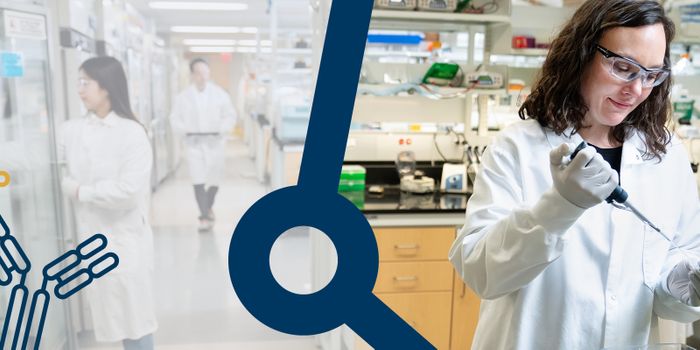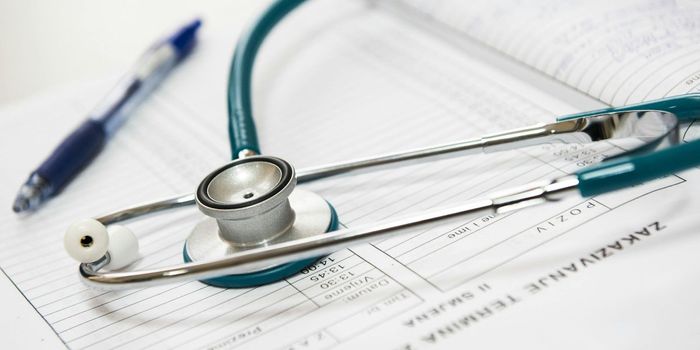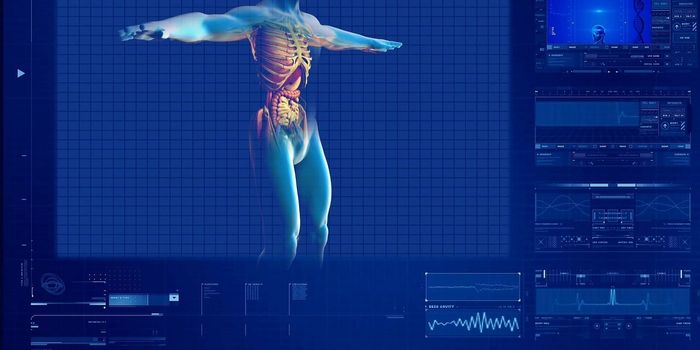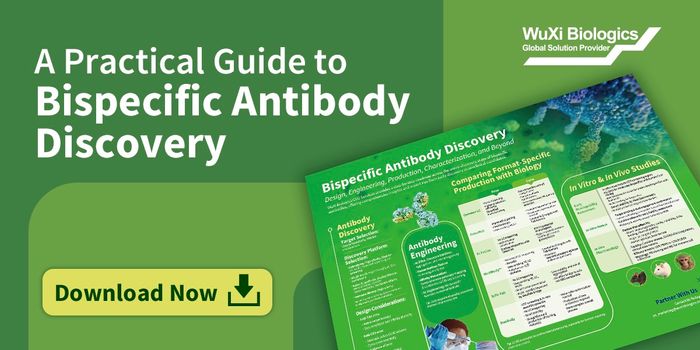Cancer of the esophagus makes up about 1 percent of all cancers diagnosed in the United States. Despite the low prevalence, the cancer can be difficult to treat and deadly because the cancer is easily missed in the early stages. Now researchers say a new computerized technology is capable of diagnosing this cancer with accuracy rates as good as and even better than the top specialists. The researchers behind this technology hope catching the cancer at its early stages will improve patient survival for this cancer type.

Acid reflux is one of the most common conditions, experienced by more than 60 million Americans every month. It occurs when food, drink, or stomach acid leaks back into the esophagus, causing heartburns and other unpleasantries. However, a far more serious consequence of acid reflux is esophageal cancer, which can have a high mortality rate when the disease goes unnoticed until the late stages. And this happens more often than it should, as the cancer is difficult to spot and so goes undiagnosed until too late. Currently esophageal cancer is diagnosed by a limited number of trained specialists.
"To recognize early forms of cancer in a Barrett's esophagus is one of the most difficult things to do in our field,” said Erik Schoon, a gastroenterologist at the Catharina Hospital, and senior author of the study.
To improve esophageal cancer survival, researchers at the Eindhoven University of Technology in the Netherlands sought to develop a detection system that can accurately diagnose the cancer especially at the early stages. They turned to the Video Coding and Architectures Research Group, led by professor Peter de With.
The collaboration resulted in a computerized system that can detect early signs of cancer in people with Barrett’s esophagus (BE). People with BE are especially prone to esophageal cancer as their esophagus have had prolonged exposure to the acid in the stomach.
Based on images alone, the computer algorithm uses machine learning to measure texture and color to correctly identify early signs of cancer. In test trials, the system achieved high sensitivity and specificity, at 86 and 87 percent, respectively.
Though the team is highly impressed at the accuracy of the test, they admit the technology is still years away from being clinic-ready. Speed is top among the list of necessary improvements; the team wants to have the technology capable of real-time imaging to facilitate faster diagnoses. With additional time for implementation, the team estimates another five to ten years before the technology will be available in hospitals worldwide.
But they hope it will be a worthwhile wait, as early detection of esophagus cancer could mean less invasive treatments with higher success rates.
Additional source:
Science Daily









